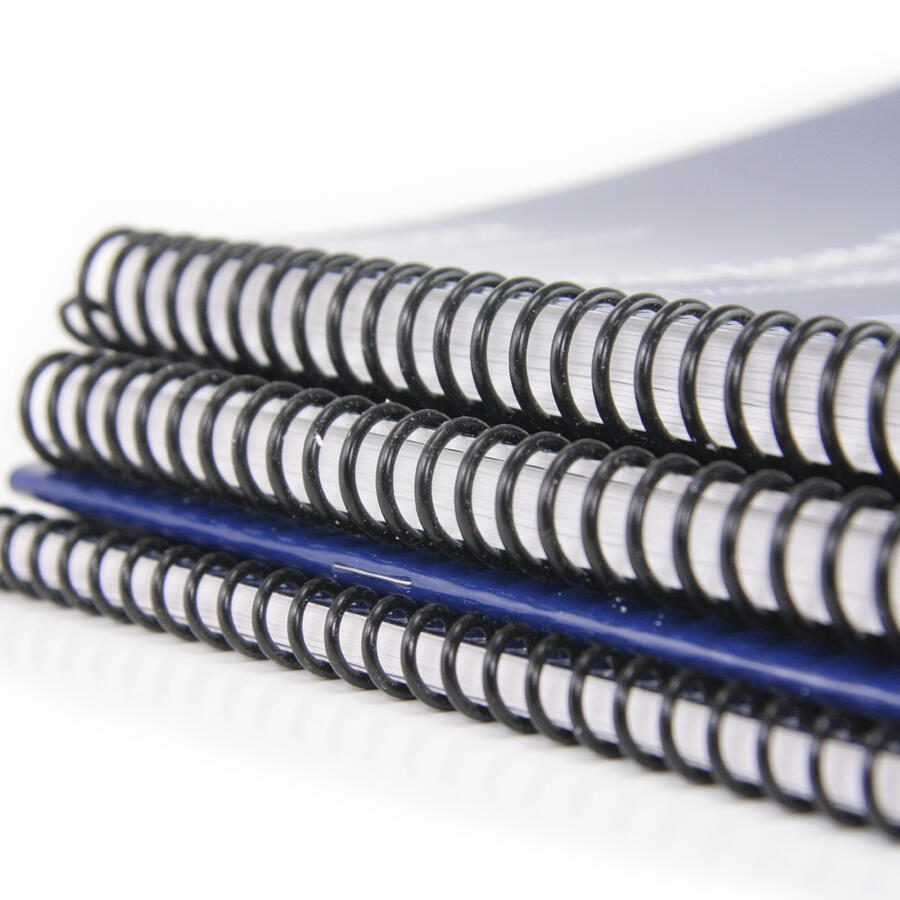Releases
WADA develops new Therapeutic Use Exemption guideline

The World Anti-Doping Agency (WADA) is pleased to share a new journal publication and a Therapeutic Use Exemption guideline designed to help physicians treating athletes for short stature conditions without growth hormone deficiency.
Background
A Therapeutic Use Exemption (TUE) gives an athlete an exemption to take a prohibited substance or use a prohibited method to treat a medical condition that has been diagnosed by a physician. TUEs allow athletes who have a legitimate medical condition to continue participating in sport in a way that still protects the rights of all athletes. To be eligible for a TUE, athletes must have clear medical diagnoses and meet the criteria in the International Standard for TUEs (ISTUE). The TUE process is a critical part of the anti-doping system that allows for inclusiveness and fairness in competitive sport.
To ensure a harmonized approach in the granting of TUEs in a global medical context, WADA’s Medical team works with international experts to develop TUE Physician Guidelines (TPGs). These documents provide physicians and TUE Committees with medical information to support the decision-making process for TUE applications and are developed as needed—either due to frequent inquiries for a given condition or in niche scenarios where physicians require guidance to ensure fairness and clarity. For more information, please explore WADA’s TUE-related resources.
Short Stature (non-growth hormone deficient) TUE Physician Guidelines
Last year, WADA’s Medical team worked with a group of renowned international endocrinologists and a sport medicine physician to develop a Short Stature (non-growth hormone deficiency) TPG for the use of human growth hormone (hGH) in athletes diagnosed with short stature conditions without growth hormone deficiency.
The group of endocrinologists confirmed that hGH treatment would be considered therapeutic if the athlete’s height is below 2.25 standard deviations on the growth curve, in which case the athlete could apply for a TUE. The new TPG suggests that treatment may continue until the athlete reaches the 5th percentile of adult height, as per the appropriate growth charts. Beyond this point, the endocrinologists concluded that hGH treatment is not medically necessary in these situations, and a TUE should not be granted.
Following the publishing of this TPG, WADA worked with the endocrinologists to produce a journal publication detailing the rationale behind the guidelines and how the recommendations were developed. This recent publication in the Journal of Clinical Endocrinology and Metabolism demonstrates the collaborative efforts involved in the development of TPGs, which are invaluable tools in the medical anti-doping context and exemplifies WADA’s commitment to harmonizing global TUE practices in challenging areas to ensure fair play and clean sport.

